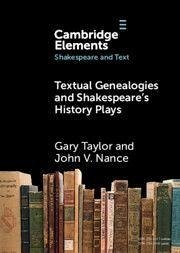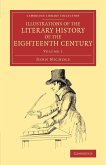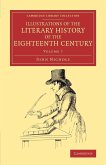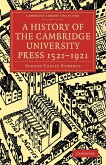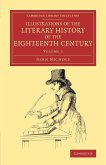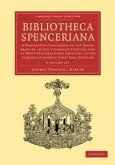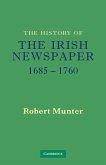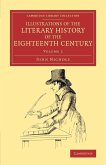This Element reconsiders the historical, theoretical, racial, ableist, and editorial problem of genealogy by analyzing to-be-spoken genealogies in two plays in the 1623 Shakespeare First Folio: the 'Salic Law' speech in Henry V and the 'seven sons' scene in Henry VI, Part Two. Both passages also exist in a significantly variant version in The Chronicle history of Henry the fift (1600) and The First Part of the Contention (1594). The differences between the two versions of the biological/bloodline genealogy have been central to the long-dominant theory of 'bad quartos'. That theory assumes that early modern chroniclers and playwrights shared the values of modern archival historians: they assume that Shakespeare prioritized accuracy over acting. The authors offer an alternative reading of genealogies written to be performed onstage as 'documentary effects', adapted for changing audiences in a new multimedia entertainment industry. This title is also available as Open Access on Cambridge Core.
Bitte wählen Sie Ihr Anliegen aus.
Rechnungen
Retourenschein anfordern
Bestellstatus
Storno

